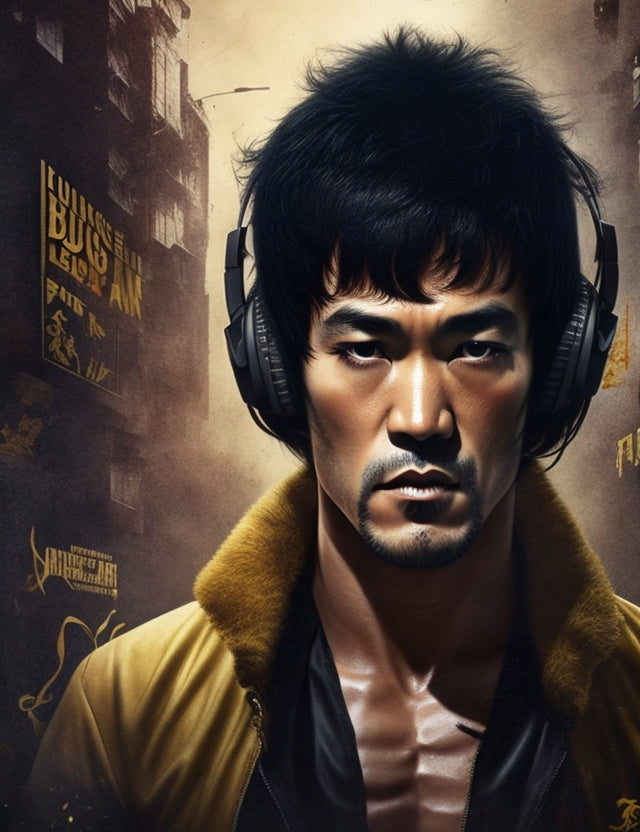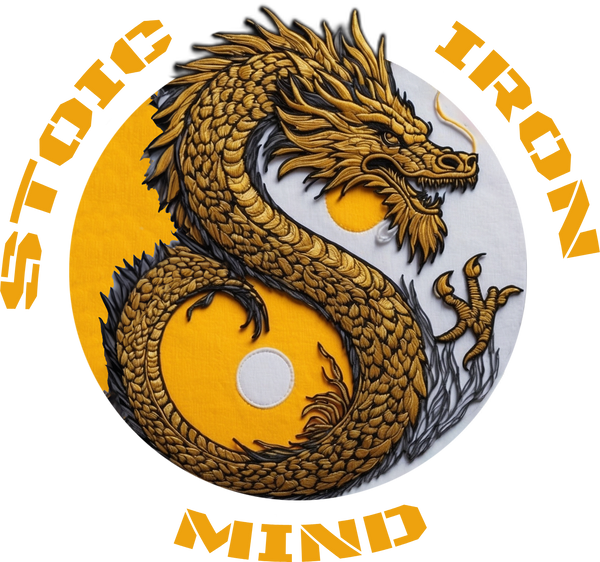
JKD
Jeet Kune Do (JKD), founded by Bruce Lee, emphasizes a core set of principles applicable to both combat and life situations. Here are some key tenets:
Simplicity and Directness:
JKD favors using the most efficient and direct methods to overcome an opponent. This translates to avoiding unnecessary movements and focusing on what works.
Formless Flow ("The Form of No Form"):
Unlike some traditional martial arts with rigid structures, JKD encourages adaptation and fluidity. The idea is to be adaptable and respond to the situation, not be confined by a set form.
Efficiency and Economy of Motion:
Similar to simplicity, JKD prioritizes using the least amount of energy to achieve the desired outcome. This translates to conserving energy for extended fights or real-life situations.
Centerline Theory:
JKD emphasizes controlling the centerline, the imaginary line running down the center of your body and your opponent's. Whoever controls the centerline has a greater advantage in offense and defense.
Adaptability and Borrowing:
JKD encourages learning from various styles and techniques, not being limited to one specific approach. The idea is to be like water, formless and adaptable to any situation.
Bruce Lee was a renowned martial artist, actor, and philosopher who incorporated Stoic principles into his life and teachings. While he is primarily known for his contributions to martial arts, many of his quotes exhibit Stoic wisdom and resilience.
"The successful warrior is the average man, with laser-like focus."
